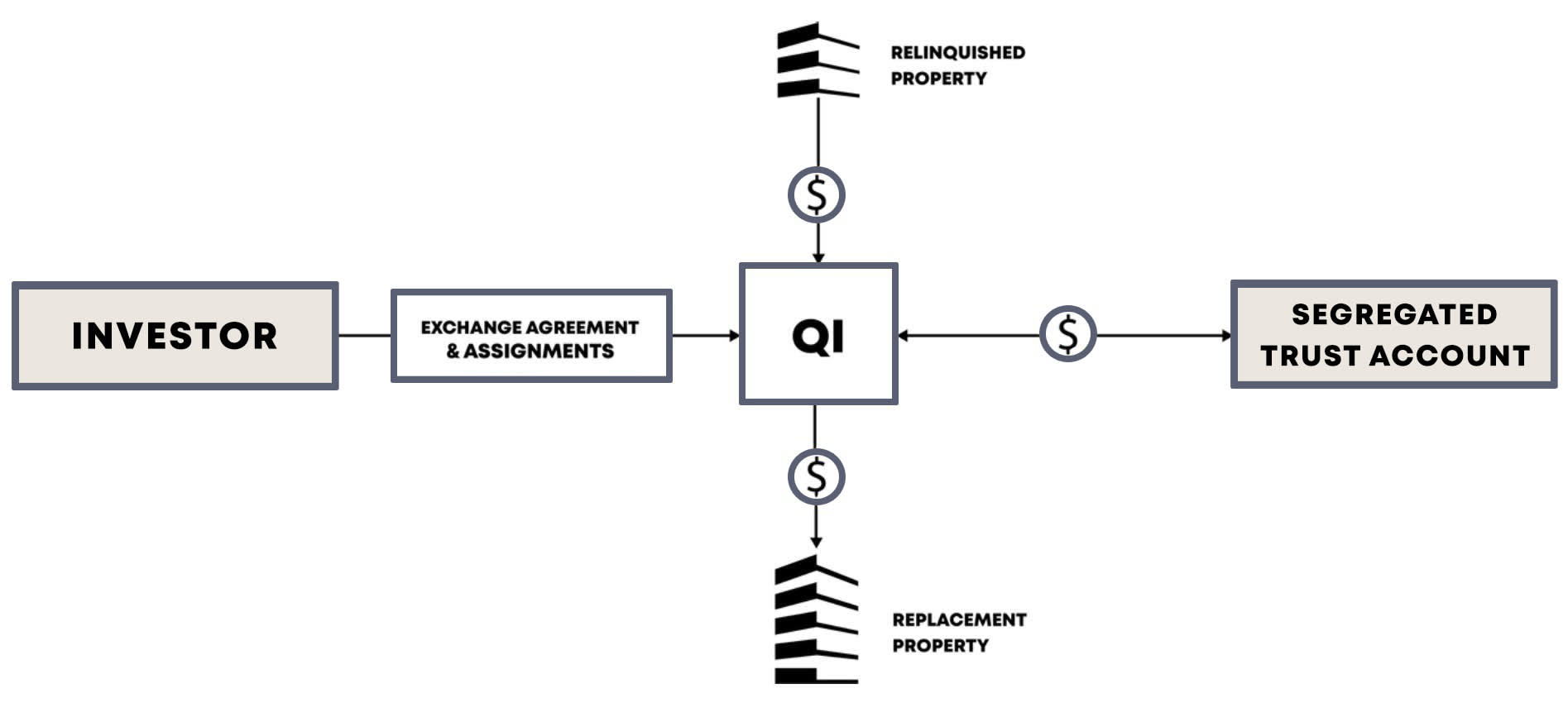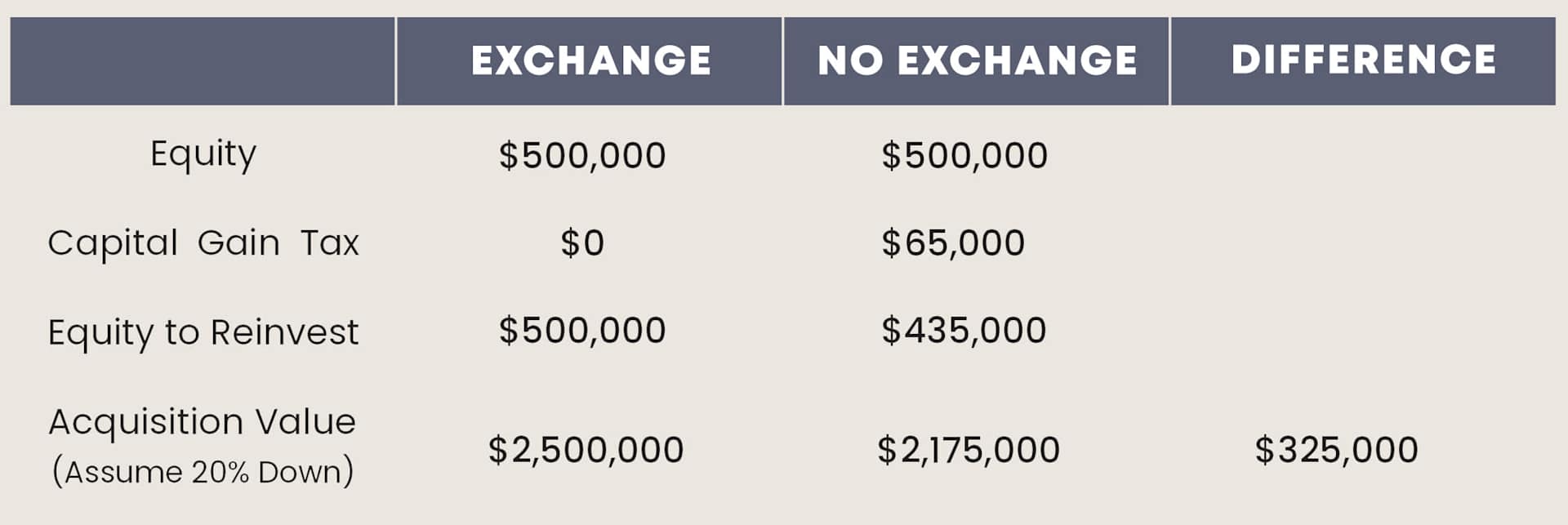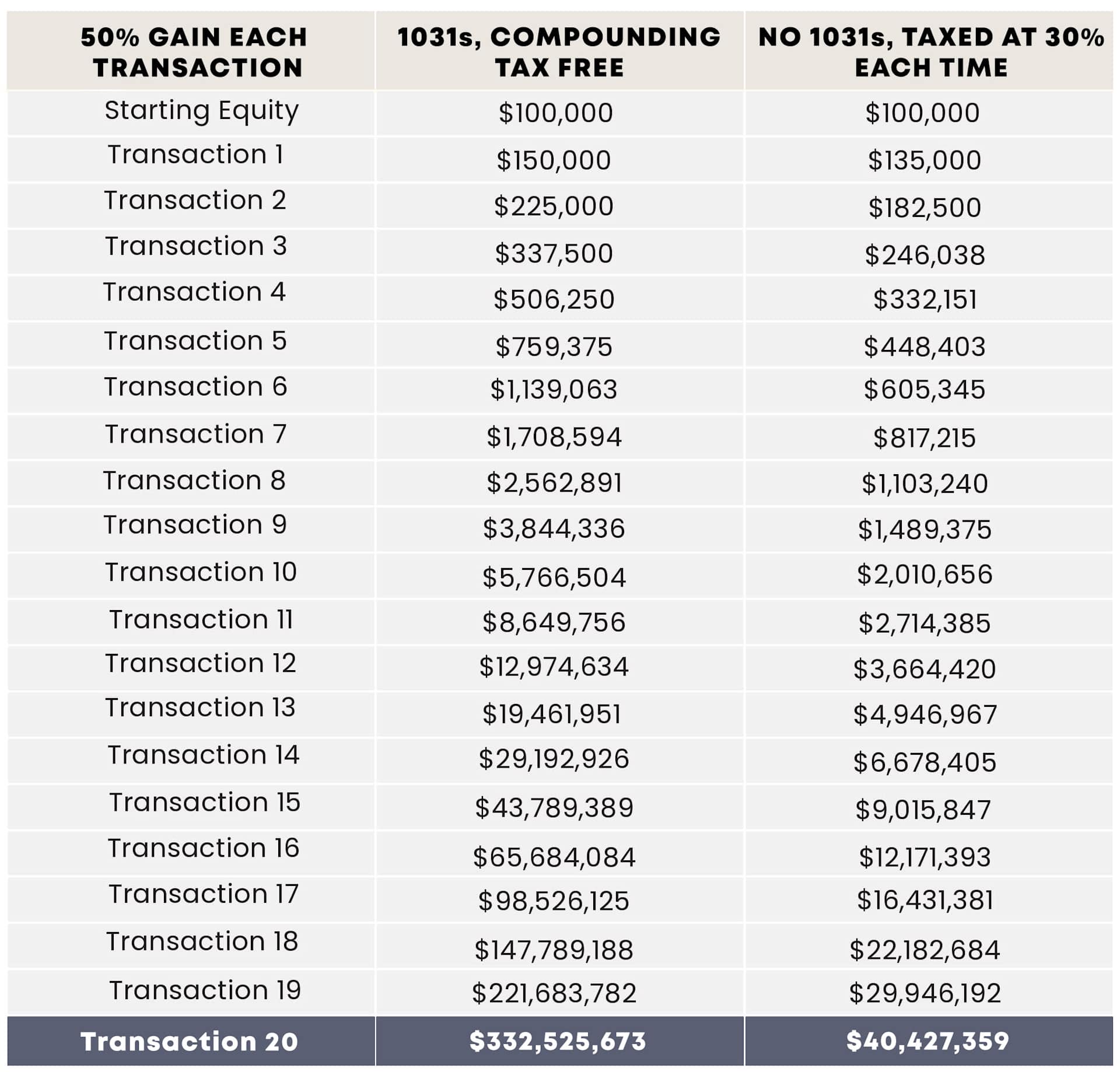What is the role of a Qualified Intermediary?
A Qualified Intermediary has three primary duties:
-
To provide consultation on your 1031 exchange.
-
To secure your funds during the duration of the exchange.
-
To prepare the necessary exchange documentation and coordinate with your closing agents to properly transfer the relinquished and replacement properties according to U.S. Treasury Reg. §1.1031(k)-1(g)(4).
Can I be my own Qualified Intermediary?
No, your Qualified Intermediary must be an independent third party, not a related party or agent. CPAs, attorneys, investment bankers, and real estate agents / brokers generally fall under the 'agent' category, excluding them from acting as your Qualified Intermediary. Additionally, any business or individual who is affiliated with an agent also cannot act as your Qualified Intermediary.
When do I need to hire a Qualified Intermediary?
Very Important: If you do not have a Qualified Intermediary in place before the close of your first transaction, the opportunity to do a 1031 exchange is lost.
Why does a Qualified Intermediary control my sale proceeds?
A key requirement of a successful 1031 exchange is that the investor selling the property must avoid constructive receipt of the proceeds from the sale. If you have the ability to access, control or receive, or could have received, the proceeds from your sale, the IRS will disqualify your 1031 exchange.







